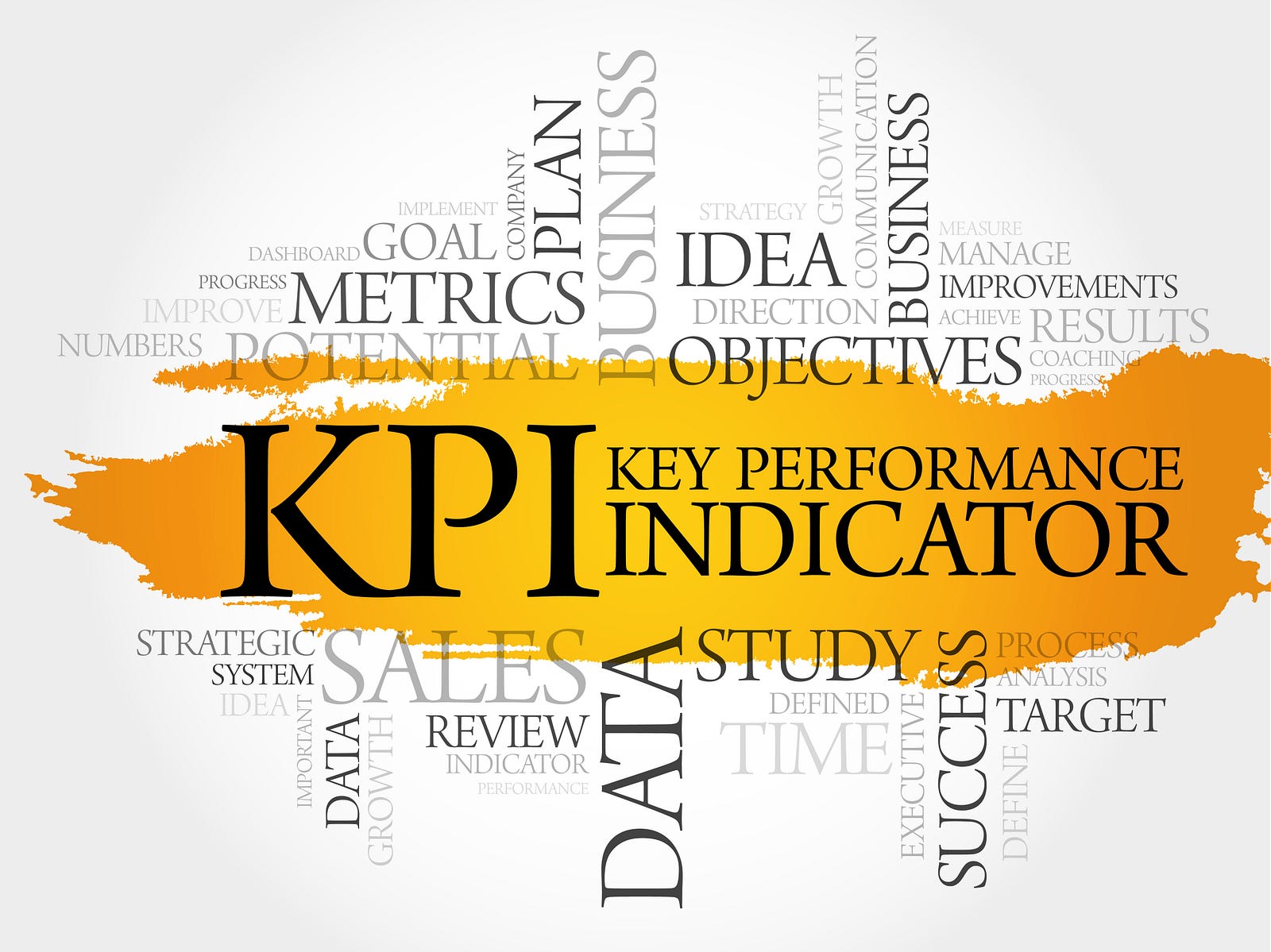In today’s fast-paced business environment, measuring key performance indicators (KPIs) has become essential for organizations to track progress towards their goals. KPIs provide valuable insights into the effectiveness and efficiency of various processes, helping companies make informed decisions that drive growth and success. However, simply monitoring KPIs is not enough; refining these indicators is crucial to ensure they align with the evolving needs and objectives of the business. In this article, we will delve into the art of refining KPIs and uncover the secrets to optimizing their effectiveness. Join us on this insightful journey as we explore the world of KPI refinement and discover how it can revolutionize your business performance.
Understanding KPIs
Key Performance Indicators (KPIs) play a critical role in measuring and evaluating the success of organizations and individuals. By providing a clear framework for tracking performance, KPIs enable businesses to set specific goals and monitor progress towards achieving them. In essence, KPIs act as quantifiable measures that reflect the overall health and effectiveness of different aspects within an organization or a specific project.
Effective KPIs are not merely arbitrary numbers or targets. They must align with the objectives and strategic direction of the organization. By defining and tracking relevant KPIs, businesses gain valuable insights into their performance and can make informed decisions regarding resource allocation, process optimization, and goal-setting.
Refining KPIs involves a continuous process of assessment and improvement. It requires organizations to review their existing KPIs, determine their relevance and accuracy, and make necessary adjustments to ensure they reflect the current realities and priorities of the business. Refining KPIs also entails establishing clear measurement methodologies, leveraging data analytics, and considering industry benchmarks to ensure the effectiveness and validity of the indicators.
In today’s dynamic business landscape, refining KPIs is crucial for keeping pace with changing market conditions and staying ahead of the competition. Organizations must regularly evaluate their KPIs, considering both qualitative and quantitative factors to accurately gauge performance. By refining KPIs, companies can identify strengths and weaknesses, spot trends and patterns, and make data-driven decisions to drive growth and success.
Evaluating and Modifying KPIs
When it comes to refining key performance indicators (KPIs), it is essential to regularly evaluate and modify them. By doing so, businesses can ensure that their KPIs align with their goals and accurately measure their performance. In this section, we will explore the importance of evaluating KPIs and the steps involved in modifying them.
Firstly, evaluating KPIs allows organizations to assess their relevance and effectiveness. Businesses need to constantly review their KPIs to ensure they are still applicable to their current objectives and market conditions. This evaluation process involves analyzing the metrics tracked by each KPI and gauging their impact on the overall performance of the business.
Secondly, modifying KPIs is a crucial step in refining them. As businesses evolve, their goals and strategies may change, requiring adjustments to the KPIs they use. By modifying KPIs, organizations can ensure that they are accurately measuring the right aspects of their performance. This involves identifying areas where KPIs are falling short and making appropriate changes to capture the desired outcomes.
Lastly, the process of modifying KPIs should be data-driven. Businesses should rely on reliable data and insights to make informed decisions about their KPIs. This could involve gathering feedback from key stakeholders, analyzing market trends, or using benchmarking data to compare performance against industry standards. By basing modifications on reliable data, organizations can increase the effectiveness and relevance of their KPIs.
In conclusion, evaluating and modifying KPIs is essential for refining them and improving performance measurement. Regular assessments of KPIs ensure they are aligned with business goals, while modifications based on reliable data help capture the right metrics. By adopting these practices, businesses can unlock the true potential of their KPIs and drive continuous improvement.
Best Practices for Implementing KPIs
When it comes to implementing KPIs, there are several best practices that can help organizations achieve success. Let’s explore three key practices that can make a significant impact on refining KPIs.
Clear Alignment: The first and foremost practice is ensuring that KPIs are aligned with the overall strategic goals and objectives of the organization. It is crucial to establish a clear connection between the chosen KPIs and the desired outcomes. By aligning KPIs with strategic priorities, organizations can ensure that they are measuring the right things and driving progress in the right direction.

Relevant and Measurable Metrics: Another important practice is selecting KPIs that are not only relevant to the organization but also measurable. KPIs should provide meaningful insights into performance and help decision-makers make informed choices. It is essential to identify metrics that can be accurately measured and tracked over time, enabling organizations to monitor progress and identify areas for improvement.
Regular Review and Adjustment: Lastly, implementing KPIs should involve regular reviews and adjustments. Businesses evolve, and so do their goals and objectives. It is crucial to periodically reassess and refine KPIs to ensure they remain relevant and aligned with the changing needs of the organization. Additionally, regular reviews allow organizations to identify any potential issues or gaps in data collection, ensuring the accuracy and reliability of the KPIs.
Continuous Improvement
By following these best practices, organizations can effectively refine their KPIs and drive continuous improvement in performance. The alignment of KPIs with strategic goals, the selection of relevant and measurable metrics, and the regular review and adjustment of KPIs are key steps towards leveraging the power of KPIs to achieve success.




